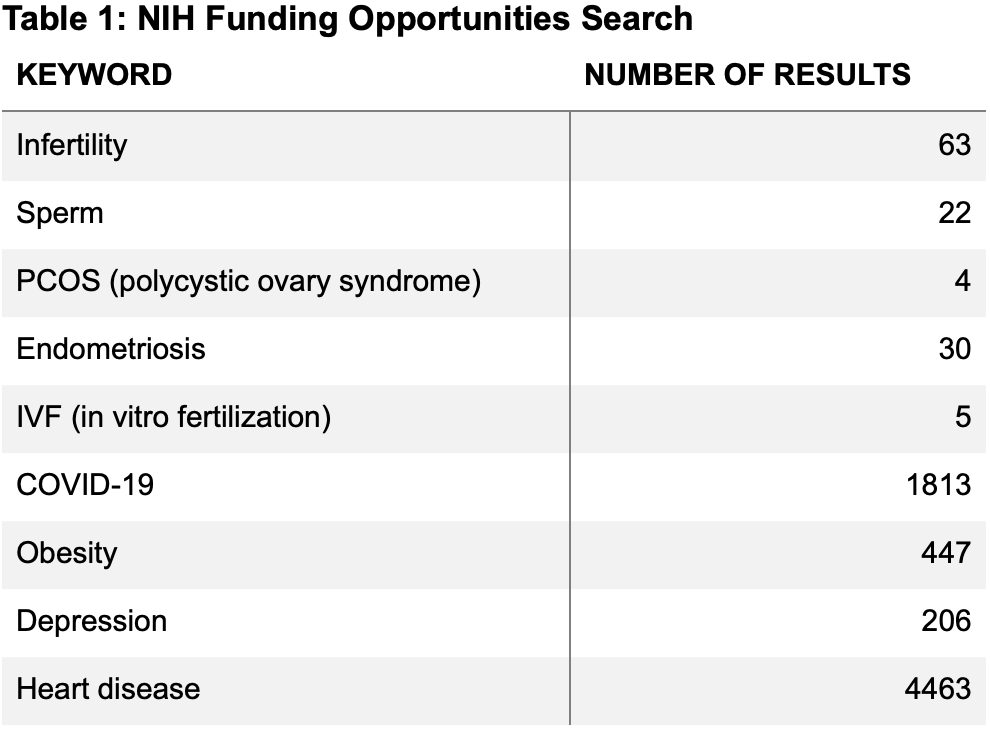Infertility: How Big is the Problem?
Have you encountered someone experiencing infertility? Probably not. We, as a society, seem to avoid this type of conversation. But neglecting it does not mean it is not a problem. The global infertility rate is increasing yearly, and fewer babies are born each year in developed countries. To date, 17.5% of the worldwide population has experienced certain types of infertility. In other words, one in six families who wants to have kids will not be able to do it naturally.
Moreover, infertility is not only a personal issue but also a societal issue. Countries worldwide are experiencing a declining birth rate, including the United States. As a result, fewer people are born, meaning that fewer people will be in the workforce twenty years from now, and a workforce shortage will result in many social issues, such as postponed retirement.
Considering future society, reproductive scientists need more support from the government to combat infertility. Unfortunately, as shown in the following table, reproductive scientists in the United States receive minimal funding from the National Institution of Health (NIH) compared to other medical scientists. It is obvious that our government does not treat infertility as a big issue.

What is infertility, and what causes it?
The World Health Organization defines infertility as "a disease of the male or female reproductive system defined by the failure to achieve a pregnancy after 12 months." Men, women, or both sexes can contribute to infertility. For example, in men, problems in sperm production or delivery result in infertility, while in women, implantation defects or sexually transmitted diseases cause infertility. Moreover, irregular hormone levels in both sexes can impact their ability to reproduce. A more detailed list of the causes can be found in WHO fact sheets about infertility.
Infertility in men
Among the causes of male infertility, the most concerning one is low sperm count, although low sperm count does not always result in infertility, as IVF can help with this condition. However, it still shows a solid correlation to male fertility. Moreover, scientists found that worldwide sperm count is dropping twice as fast this century as last. By 2018, the sperm count had fallen 51.6% since 1973. Researchers have been looking for the reason for the sperm count drop. Although many studies point out that exposure to man-made chemicals is one of the causes of it, there's no definite answer yet.
Infertility in women
Endometriosis and PCOS (Polycystic ovary syndrome) are two medical conditions that receive much attention in female fertility. Endometriosis, the presence of the uterine lining on the outside of the uterus, causes severe pain and/or infertility. Endometriosis affects 10% of reproductive women and girls worldwide and at least 11% of women in the United States. PCOS affects 6% of reproductive-age women in the United States. PCOS is a condition where the ovary produces excessive male sex hormones. Too much male hormone disrupts egg development and causes infertility. Unfortunately, despite decades of research into these two diseases, effective treatment is limited. Moreover, there is no cure.
Scientists need more support from the government to solve these devastating conditions for both sexes.
Solutions for those struggling with infertility
While scientists study the cause and treatment of specific diseases, infertile couples can achieve a successful pregnancy through expensive assisted fertility treatments (ART) like IVF. IVF in the United States costs $10,000-15,000, a ticket price that's out of reach for low-income populations. According to 2001 estimates, 1,500 couples per million need ART annually. Therefore, there is high demand for low-cost IVF technology. However, our government is more interested in financial support of current high-cost IVF, while the bulk of low-cost IVF research comes from non-profit organizations.
Where do we go from here?
The birth of new life is sacred and exciting. I believe that everybody has an equal right to reproduce. But many families are struggling with infertility. Most disease-related infertility conditions are not treatable, and the available treatments are cost-prohibitive. Researchers need more support from the government to battle infertility.
Making the government aware of infertility is rather difficult because society ignores infertility. Words like sex, reproduction, and fertility seem to be taboo, preventing people from discussing them. I hope to change a little bit of that through this article, showing that infertility is merely a disease, like obesity.
